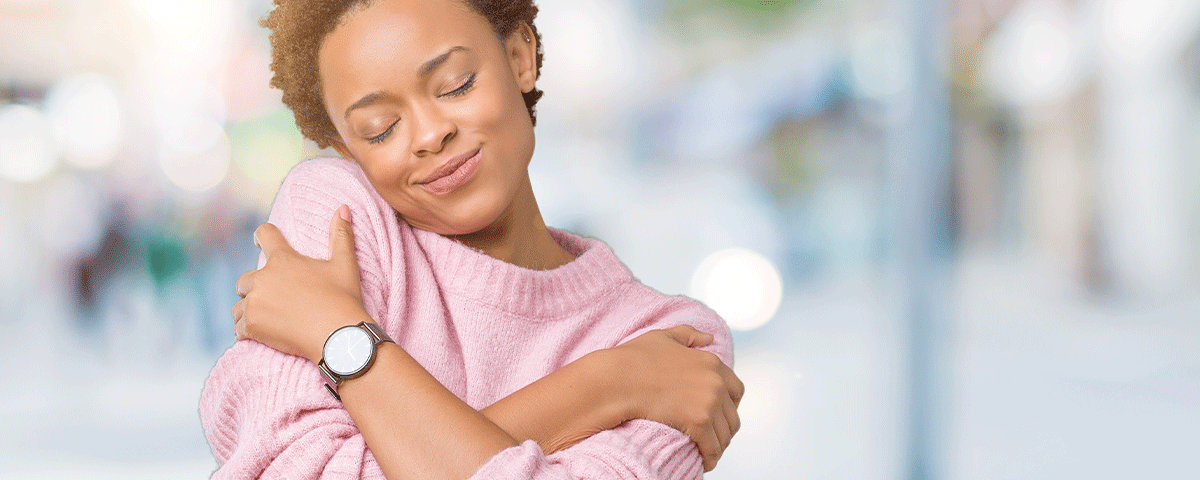The Five Love Languages by Gary Chapman is the book that sparked a new way of thinking about love.
Chapman broke down how people best express and receive love into five different love languages. Depending on our personality types, we may feel love differently than others. Your love language applies to all relationships, not just romantic ones. Understanding how you best receive and express love can help you understand others as well as what you need from your relationships. When it comes to addiction recovery, understanding your thoughts and emotions is crucial to sustaining a sober lifestyle and healthy relationships. Our drug rehab facility in Delaware is exploring the importance of discovering your love language in recovery and how to do it.
What Are The Five Love Languages?
Words of Affirmation
People who have “words of affirmation” as a love language value verbal affection, such as “I love you,” compliments, verbal encouragement, and frequent communication through text or phone calls. To people with this love language, words that express love matter the most to them and make them feel the most appreciated.
Acts of Service
If your love language is acts of service, you most value it when a person goes out of their way to help you. You may love it when a friend brings you soup when you’re sick more than their get-well wishes. You’d probably appreciate your partner’s help in taking out the trash or cleaning the house more than a gift. Acts of service is a love language for people who believe that actions speak louder than words. These individuals like to be shown that they’re loved and appreciated.
Receiving Gifts
This one is pretty straightforward. If your love language is receiving gifts, then you feel most loved and appreciated when someone gives you a gift. It’s not necessarily about the cost of the gift, but more the thought behind it. People with this love language pay attention to the reflection and consideration behind a gift. Choosing presents that reflect the relationship is important to them.
Quality Time
Quality time as a love language refers to feeling the most loved and adored when someone spends time with you. If your love language is quality time, then you’d probably prefer watching tv with your spouse over receiving a gift - people with the love language of quality time value active listening, eye contact, and presence.
Physical Touch
This one is also pretty clear. If your love language is physical touch, then you may feel loved when you receive physical signs of affection, such as kissing, holding hands, cuddling, or hugging. Physical intimacy and touch are affirming for the individual and hold precedence over other forms of showing love.
Although our team at Banyan Delaware doesn’t actively quiz patients on their love languages, we understand the value of learning how to love yourself and others in sobriety. Understanding your love language in recovery promotes self-respect and encourages you to put effort into learning how others feel most appreciated. Our 12 step program focuses heavily on spiritual and emotional principles, including the development of self-love and awareness. Alongside our other forms of treatment, we encourage most of our patients to also partake in our 12-step method.
Importance of Finding Your Love Language in Sobriety
People in addiction recovery tend to have trouble reconnecting with people they may have hurt during active addiction. This lack of connection can make the recovery process difficult and promote loneliness and isolation. Recovery is also a journey of self-discovery for many addicts, and a lack of connection to self can make the process more difficult. Discovering your love language in recovery from addiction is important because it helps you understand how you prefer to be loved and how to best love others. Knowing the kind of behavior and affection you react most positively to can help you develop self-respect, boundaries, and practice self-love. Understanding your love language regarding your love for others can also help you better connect with your loved ones.
How to Discover Your Love Language in Recovery
Discovering your love language is simple. The first thing you need to do is take the love languages quiz. You can choose a category you fall under - couples, teens, singles, or children – and then answer a few questions regarding your preferences. Some common questions and options include “It’s more meaningful to me when I receive a long note, or my partner and I hug” or “It’s more meaningful to me when I can spend alone time with my partner or my partner does something practical to help me out.” Once you’ve completed the quiz, you’ll be given a report of your love languages from strongest to weakest. Keep in mind that these love languages are each important. Although one may stick out over the rest, each plays a role in how we show love for one another. Once you’ve discovered your love language, practice it when you love others and put forth effort into discovering the love language of people you care about.
Discovering your love language can teach you how to love yourself and encourage you to learn how to best treat others. Addiction is a disease that can affect a person to the point where they may act selfishly to get what they want. Finding your love language in recovery is another way to squash the selfishness and hurt caused by addiction and develop healthier ways to treat yourself and others.
Addiction treatment is the first step to a lifetime of sobriety. Yes, the recovery process may be difficult, but it is not impossible. If you or someone you love is battling addiction, let us help. Call Banyan Delaware now at 888-280-4763 to learn more about our drug and alcohol rehab programs.









